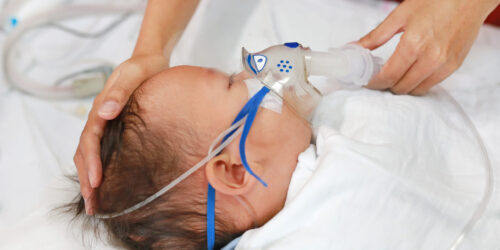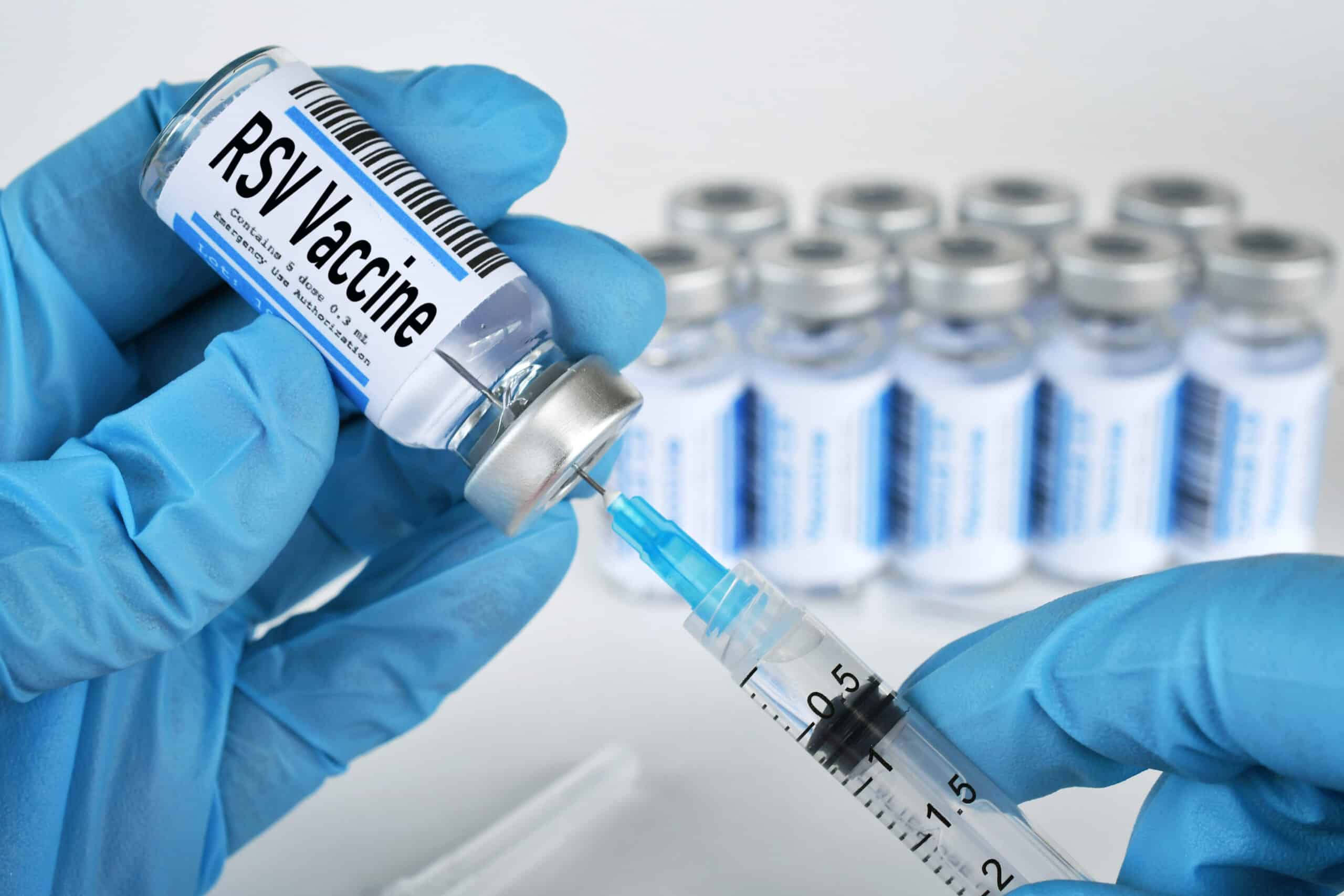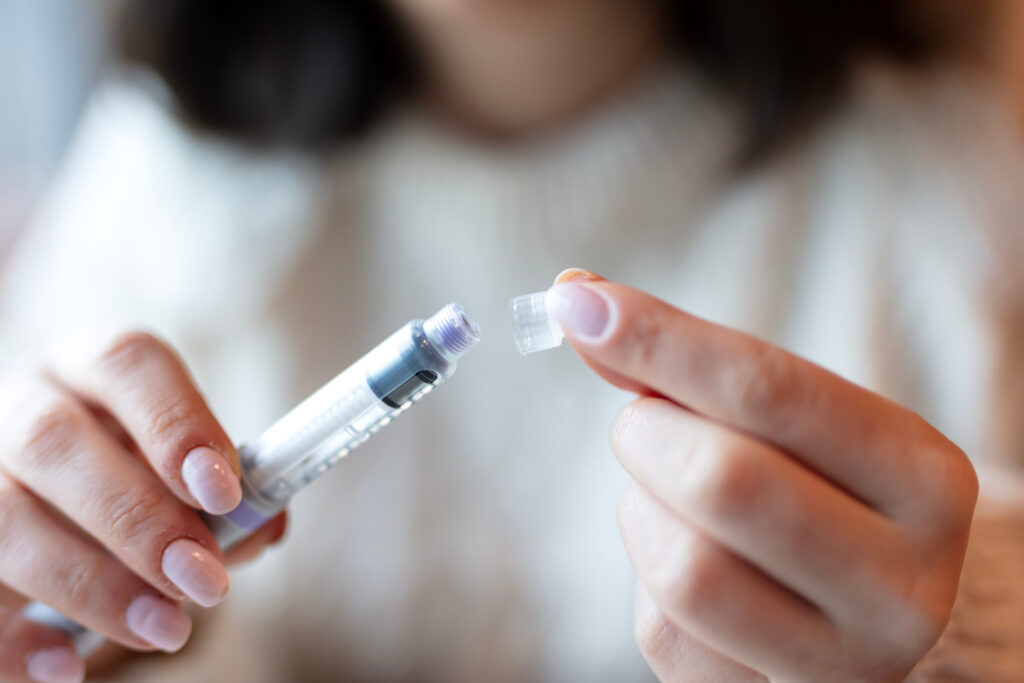Respiratory syncytial virus (RSV) is a common seasonal virus that primarily affects children.
RSV, which stands for Respiratory Syncytial Virus, is a primary contributor to respiratory infections in infants. This virus is responsible for around 58,000 hospitalizations among children under the age of five every year.1 In older adults and individuals with weakened immune systems, it can also lead to severe illness, resulting in approximately 14,000 deaths each year in adults over age 65.1 RSV is highly contagious and spreads through respiratory droplets when an infected person coughs or sneezes.

Etiology
RSV infections typically occur during the fall, winter, and early spring months. The virus can cause a range of symptoms, from mild cold-like symptoms to more severe respiratory infections. In healthy individuals, RSV may present as a common cold with symptoms such as a cough, runny nose, sneezing, and fever. However, in infants and individuals with compromised immune systems, RSV can lead to more serious complications.
One of the most common complications of RSV infection in infants is bronchiolitis, which is an inflammation of the small airways in the lungs. Bronchiolitis can cause difficulty breathing, wheezing, and a persistent cough. In severe cases, RSV can lead to pneumonia, especially in vulnerable populations.

Susceptible Populations
Infants under the age of one are particularly susceptible to severe RSV infections. Premature infants, infants with congenital heart or lung diseases, and those with weakened immune systems are at a higher risk of developing severe symptoms. Older adults, especially those with underlying health conditions, are also more susceptible to severe RSV infections.
RSV Treatments
There is no specific treatment for RSV, and most cases can be managed with supportive care. Two types of preventative treatments are available today: monoclonal antibody immunizations and vaccines.
- Monoclonal antibody immunizations are given to high-risk infants and children in the first 24 months after birth to help reduce the risk of RSV-related hospitalizations. Currently, there are two products on the market: Synagis and Beyfortus.
- Two newer vaccines, Abrysvo and Arexvy, have been launched to prevent lower respiratory tract disease (LRTD) caused by RSV in individuals 60 years of age and older. Abrysvo also has the additional use in pregnant individuals at 32 through 36 weeks gestational age to prevent RSV in infants from birth through six months of age.
How can Marsh McLennan Agency help?
Marsh McLennan Agency’s team is here to help you evaluate and manage your pharmacy program. We are a trusted partner who can identify real opportunities for savings and help you make sense of your program, control your spend, and deliver savings to your organization. Learn more about how our Pharmacy Practice can provide end-to-end plan support to fit your organization’s needs.
This article was originally featured in our Rx Newsletter. Sign up to receive our quarterly newsletter emails.
Sources:
- “Respiratory Syncytial Virus (RSV),” National Institute of Allergy and Infectious Disease, accessed December 7, 2023, https://www.niaid.nih.gov/diseases-conditions/respiratory-syncytial-virus-rsv
- “Respiratory Syncytial Virus (RSV),” Mayo Clinic, accessed December 7, 2023, https://www.mayoclinic.org/diseases-conditions/respiratory-syncytial-virus/symptoms-causes/syc-20353098
- “Abrysvo™ prescribing information, Pfizer Pharmaceuticals,” accessed December 6, 2023, https://abrysvoadult.pfizerpro.com/.





